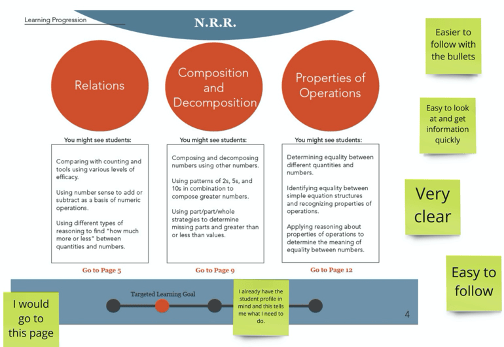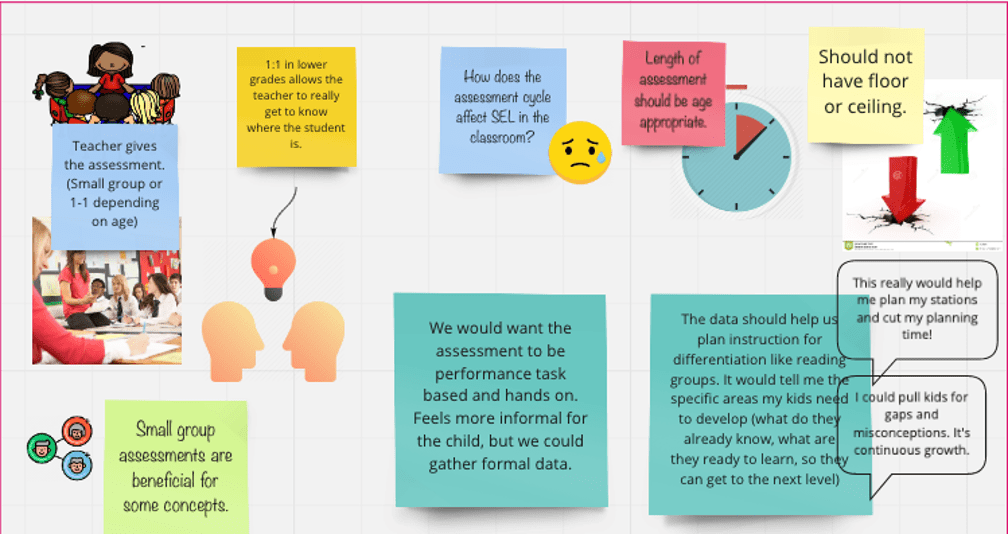One of our graduate research assistants, Robyn Pinilla, shared a preview of some findings that emerged from our cognitive interview data for the SMU 3 Minute Thesis (3MT) competition in November 2020. The 3MT is a competition of graduate scholars founded by the University of Queensland. It has spread worldwide, often starting at individual universities with winning students advancing to regional and national competitions.
Robyn presented information on a progression of spatial reasoning skills with specific examples of real-world applications and impact. She advanced from the preliminary round to the finals, sharing meaningful details about shape composition to a generalist audience of students, professors, and others interested in the research done at SMU by the graduate student body. Her presentation, titled “Progress is a Process: Shape Composition as a Micro-progression of Spatial Reasoning,” can be viewed below.






